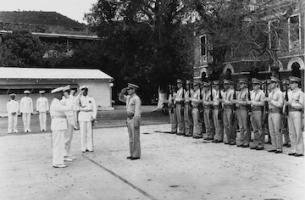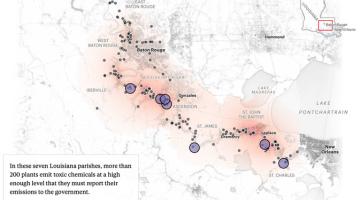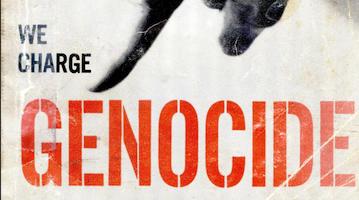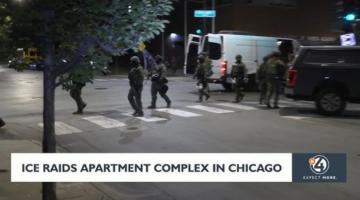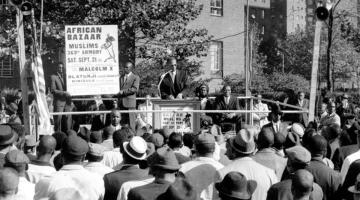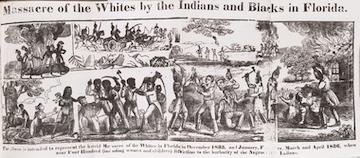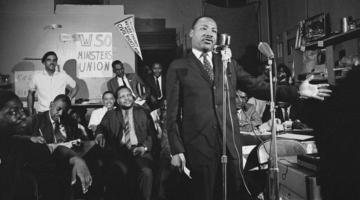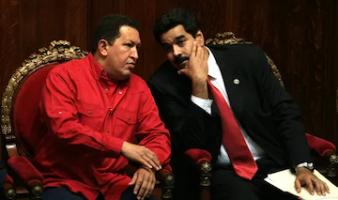Related Stories
Editors, The Black Agenda Review
“From journalists…the greatest need of the moment is sound analysis of the U.S.
Dr. Gerald Horne
, Anthony Ballas
Jake Paul’s ascent in boxing is a cultural symptom of an empire in decline.
Editors, The Black Agenda Review
“[T]he United States on March 31, 1917,...acquired the three Danish West Indian isles…subsequently rechristened “the Virgin Islands o
Anthony Karefa Rogers-Wright
True environmental liberation demands south-to-south solidarity against racial capitalism, linking the struggles of oppressed communi
Editors, The Black Agenda Review
“We, the people, charge genocide.”
Erica Caines
The fight against fascism is a fight against racism and capitalism.
Djibo Sobukwe
Malcolm X didn’t just fight for Black liberation—he waged war on empire itself. As U.S.
Black Alliance For Peace
Originally published in Black Alliance for Peace
Editors, The Black Agenda Review
“The Seminoles had set a dangerous example, for if Blacks and Native Americans united everywhere in the
Imani Nile
New York City is a case study of how imperialist violence abroad and state violence domestically are two sides of the same coin.
More Stories
- Ajamu Baraka, BAR editor and columnistThe annual ritual of sanitizing Martin Luther King Jr. serves to obscure his radical anti-war politics, which are urgently needed to challenge U.S. imperialism.
- Editors, The Black Agenda Review“[T]he United States on March 31, 1917,...acquired the three Danish West Indian isles…subsequently rechristened “the Virgin Islands of the United States.”
- Ann Garrison, BAR Contributing EditorAttorney Dan Kovalik is an attorney representing Colombian President Gustavo Petro. He is also author of The Plot to Overthrow Venezuela: How the US Is Orchestrating a Coup for Oil. Skyhorse…
- Raymond Nat Turner, BAR poet-in-residence"Spinning Half-truth straw into big lie gold…" is the latest from BAR's Poet-in-Residence.
- Anthony Karefa Rogers-WrightTrue environmental liberation demands south-to-south solidarity against racial capitalism, linking the struggles of oppressed communities from Palestine to Louisiana under a shared framework of…



